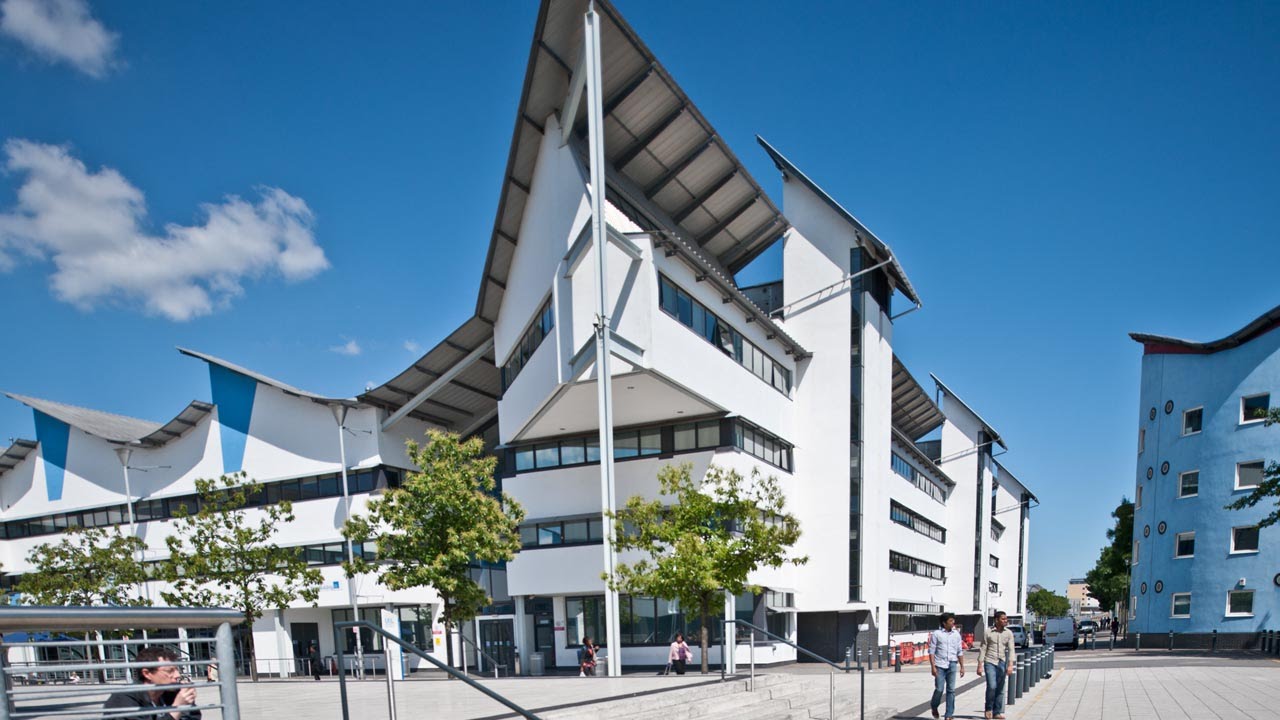UEL-Designed Material Nominated for Award Recognizing Outstanding Contribution to Material Development
The University of East London’s (UEL) Sugarcrete® project has been longlisted for an award by one of the world’s most influential architecture and design websites, Dezeen.
The Dezeen Awards celebrate the world’s best architecture, interiors, design, and sustainability projects, with Sugarcrete® nominated in the material innovation category. It fought off stiff competition to become one of the 93 shortlisted sustainability projects, with over 4,800 entries from 94 countries submitted.
The UEL-developed material, a low-carbon alternative to bricks and concrete, combines sugarcane fibres left over after sugar production, with sand-mineral binders to produce bricks that have a carbon footprint five times smaller than traditionally made bricks.
Alan Chandler, Co-Director of the institute said
To receive this nomination means a great deal to us. Sugarcrete® has been nominated alongside significant and beautiful innovations, and we are proud to be associated with them in this way.”
The category for material innovation in the Dezeen awards includes products that have made an outstanding contribution to material development and could shape the future of construction. This year’s list includes projects such as jersey fabric derived from banana plants, a sustainable material made from grape stalks and a range of biodegradable face masks.
Armor Gutierrez, Senior Lecturer at UEL’s School of Architecture, Computing and Engineering also welcomed the nomination saying,
It highlights the commitment of UEL and the Master of Architecture programme with the Net Zero Carbon 2028 agenda and the UN Sustainability Goals”.
Sugarcrete® was developed by the University’s Sustainability Research Institute (SRI), with the support of Tate & Lyle Sugars, and prototypes were made in partnership with Grimshaw Architects.
A brick made from Sugarcrete® is estimated to have eight times less embodied carbon than a normal brick, provided the material is developed locally in sugar cane communities and not transported, while testing conducted at UEL’s SRI laboratories showed that Sugarcrete®️ Slab can offer an alternative to concrete slabs with carbon emissions 20 times lower than traditional concrete.
Established in 2001, the SRI was one of the first dedicated sustainability research centres in the UK, with its work a priority of UEL’s Vision 2028 strategy. As part of that strategy, the University aims to become a net zero carbon campus by 2028.

